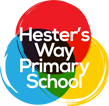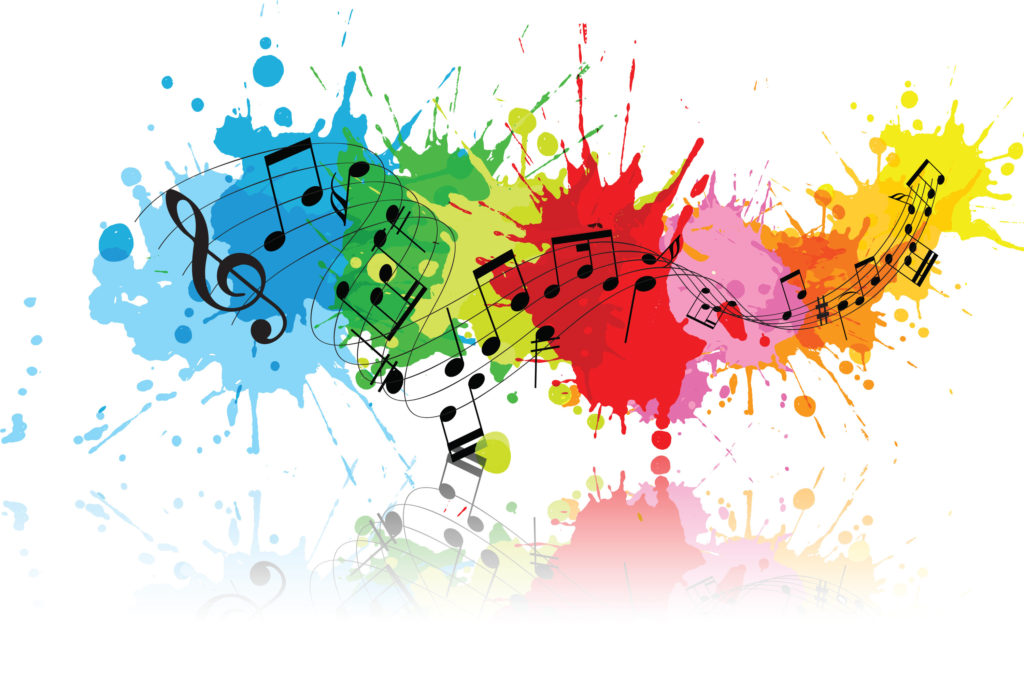Key stage 1
Pupils should be taught to:
• use their voices expressively and creatively by singing songs and speaking chants and rhymes
• play tuned and untuned instruments musically
• listen with concentration and understanding to a range of high-quality live and recorded music
• experiment with, create, select and combine sounds using the interrelated dimensions of music
Key stage 2
Pupils should be taught to sing and play musically with increasing confidence and control. They should develop an understanding of musical composition, organising and manipulating ideas within musical structures and reproducing sounds from aural memory.
Pupils should be taught to:
• play and perform in solo and ensemble contexts, using their voices and playing musical instruments with increasing accuracy, fluency, control and expression
• improvise and compose music for a range of purposes using the interrelated dimensions of music
• listen with attention to detail and recall sounds with increasing aural memory
• use and understand staff and other musical notations
• appreciate and understand a wide range of high-quality live and recorded music drawn from different traditions and from great composers and musicians
• develop an understanding of the history of music


